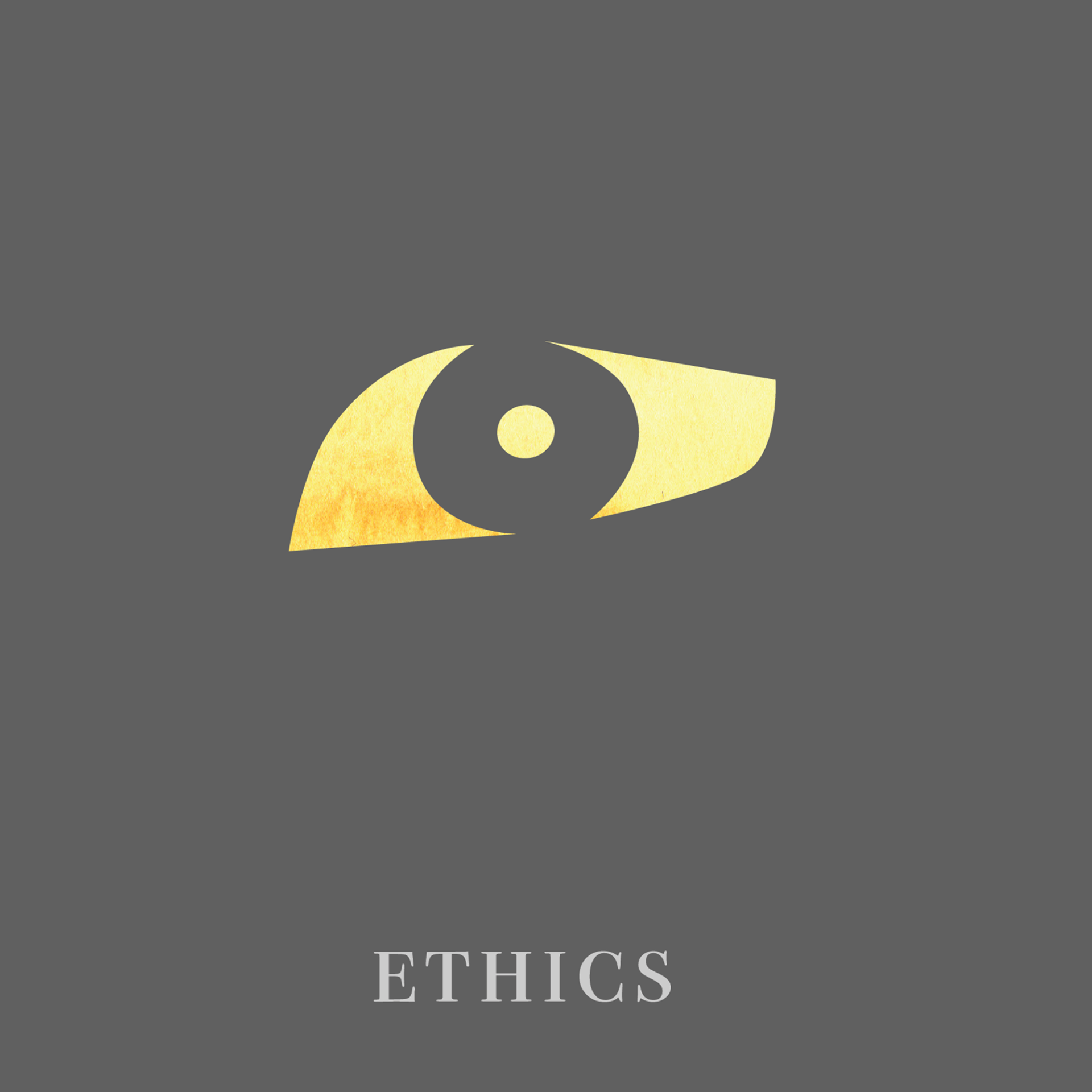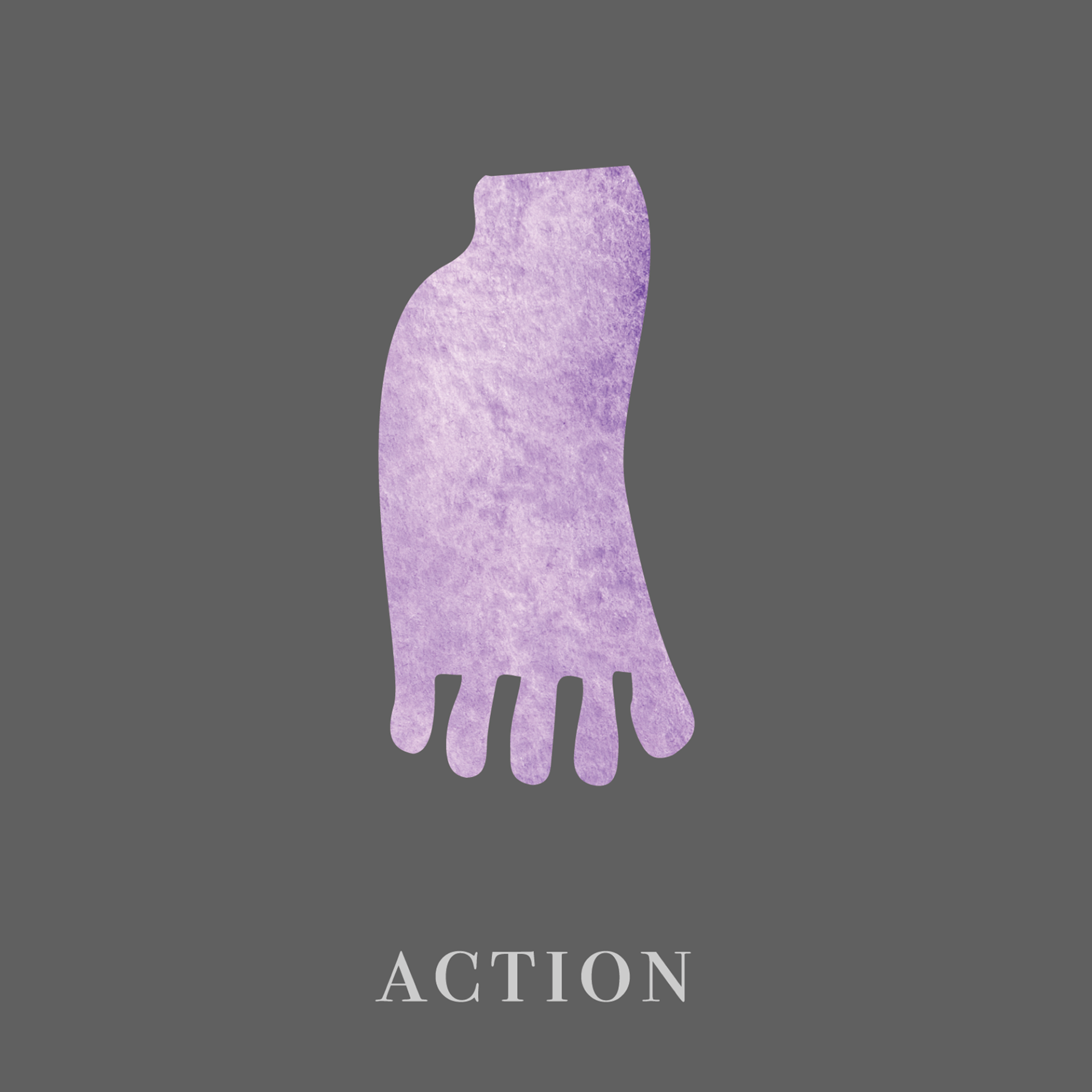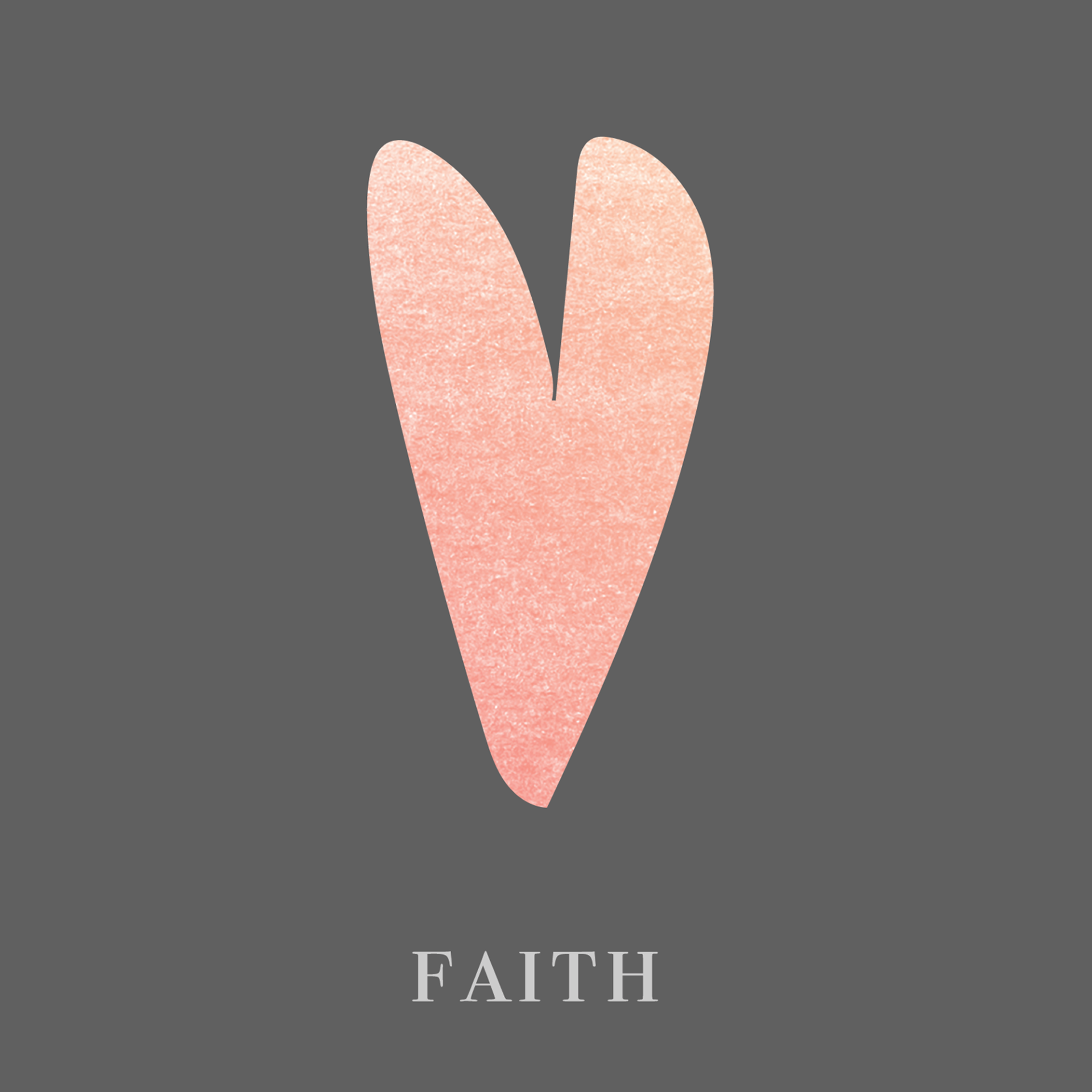
We all believe stuff. What do you believe?
Articles
- White People Are Broken
- Before Kaepernick, The ‘Syracuse 8’ Were Blackballed By Pro Football
- What I Saw at the Dilley, Texas, Immigrant Detention Center
- Texas’ Most Decorated WWI Hero was an Undocumented Mexican Immigrant
- Tony-nominated playwright Dominique Morisseau wants to make American theater better for black people
- The Twin Forces of Love and Resistance
- How the GI Bill’s Promise was Denied to Millions of Black WW2 Veterans
- The Assumption of White Privilege and What We Can Do About It
- Of course there are protests. The state is failing black people.
- The American Nightmare
- Ta-Nehisi Cotes – The Case for Reparations
Podcasts
- ‘My Kids Are In Survival Mode’: A Chat With 2019’s Teacher Of The Year
- John Lewis – We Are the Beloved Community
- Vincent Harding – Our Lives Can Be Signposts for What’s Possible
- Patrisse Cullors and Robert Ross – The Spiritual Work of Black Lives Matter
- Glenn Beck – What you do will be a pivot point
- Ruby Sales – Where does it hurt?
- Brene Brown with Ibram X. Kendi on How to be an antiracist
- We’ve Been Here Before
- Why Ta-Nehisi Cotes is hopeful
- How does racism affect your health?
- Not Just Another Protest
Videos
- My Identity Is My Superpower, Not an Obstacle
- Baratunde Thurston – How to deconstruct racism, one headline at a time/a>
- The Muslim on the Airplane, Amal Kassir
- A powerful poem about what it is like to be transgender, Lee Mokobe
- Michael Patrick Lynch: How to see past your own perspective and find truth
- Verna Meyers: How to overcome our biases? Walk Boldly towards them
- The Difference Between Being “Not Racist” and Antiracist
- What if we ended the injustice of bail?
- The Urgency of Intersectionality
- The Trauma of Systemic Racism is Killing Black Women
- Don’e Be a Savior, Be An Ally
Engagements & Encounters
Encounters: Invite two or more of your friends out for coffee or tea or lemonade, and ask them what the word “moral” means to them, and then ask them what they “do” to illustrate what the word means. You are truly in the land of research here. Don’t engage in a conversation, just ask the question and listen and write. Ask for permission to write down what they say, of course…..

Am I showing “what” I believe by “what” I am doing?
Definitions
Articles
- Remembering The Meeting 50 Years Ago That Led To ‘Our Bodies, Ourselves’
- Leaving her mark: Native high schooler uses state track meet to raise awareness for missing and murdered women
- A group of high school girls put a stop to the boys who made a list ranking their appearance.
- Five teens who changed the world
- The ‘Undesirable Militants’ Behind the Nineteenth Amendment
- UNICEF And Dove Team Up To Empower And Educate Girls
- ‘No more stolen sisters’: 12,000-mile ride to highlight missing indigenous women
- Opioid-Maker Insys Admits To Bribing Doctors, Agrees To Pay $225 Million Settlement
- Creating ‘Sinews of Peace in Cyberspace:’ How U.S. Diplomatic Engagement Increases U.S. Ecomonic and National Security, by Christopher Painter and Julie Zoller
- Our Endless Legal Debate About Campus Rape Misses the Central Problem, by Christine Emba
- Why are Black Women and Girls Still an Afterthought in our Outrage over Police Violence?
- Cities spend more and more on police. Is it working?
- Is prison necessary? Ruth Wilson Gilmore Might Change Your Mind
- The Strange Fruit of American Political Development
- The Stark Racial Inequity of Personal Finances in America
Podcasts
- Brené Brown – Courage Is Born from Struggle
- Rami Nashashibi – Art and Justice Work Together
- Layli Long Soldier – The Freedom of Real Apologies
- Parker Palmer and Courtney Martin – The Inner Life of Rebellion
- Gwendolyn Zoharah Simmons and Reverend Lucas Johnson – The Movement Remembered Forward
- Eula Bliss: Talking About Whiteness
- Unpacking the Ethics of Covid-19
- Black Lives Matter: What Matters Episode 4
- Under the Blacklight – Covid in Confinement
- Code Switch – Why Now, White People?
Videos
- Be That Person
- From Gang Violence to Prestigious Scholar
- Chimamanda Ngozi Adichie – We should all be feminists
- Diane Wolk-Rogers – A Parkland teacher’s homework for us all
- Angela Lee Duckworth: Grit: The power of passion and perseverance
- ADHD as Difference in Cognition, not a disorder, Steven Tonti
- Your fatwa does not apply here | Karima Bennoune | TEDxExeter
- The urgency of intersectionality: Kimberle Crenshaw
- How to be an Antiracist: Dr. Ibram X. Kendi
- Cornel West: Race Matters
- White Rage: The Unspoken Truth of our Nation’s Divide
- The Danger of a Single Story: Chimamanda Ngozi Adichie
Engagements & Encounters
Encounters: Invite two or more of your friends out for coffee or tea or lemonade, and ask them what the word “ethics” means to them, and then ask them what they “do” to illustrate what the word means. You are truly in the land of research here. Don’t engage in a conversation, just ask the question and listen and write. Ask for permission to write down what they say, of course…..

Do I make decisions about what I am doing based on what I believe?
Definitions
Articles
- Let’s Talk About Climate Migrants, Not Climate Refugees
- The Population of Poverty USA
- About 13m US children are living below the poverty line, rights group reveals
- What I Said When My White Friend Asked for My Black Opinion on White Privilege
- A black man went undercover online as a white supremacist. This is what he learned.
- Using Games to Spread Peace and Love in South Sudan, by Sello Moloi
- Civil Rights Law protects Gay and Transgendered Workers, Supreme Court Says
- We don’t want your statements American Theatre
- The Okra Project is doing essential work for Black Trans Folk
- Southern Comfort
- Trump Administrations rolls back Obama-era transgender health care protections
Podcasts
- Marie Howe: The Power of Words to Save Us
- Cloud Cult – Music is Medicine
- TA-NEHISI COATES: Imagining a New America
- Pico Iyer: The Art of Stillness
- Brene Brown: Courage Catalysts
- James Baldwin/Director Raoul Peck/Black Athletes and Social Justice
- How to Learn From a Plague
- Will politicians let Covid-19 kill the arts?
- How the Pandemic Reveals Gender Inequality in the Household
- When Things Fall Apart
Videos
- Indiana school district turns unused cafeteria food into take-home meals for kids
- Rev. William Barber and Rev. Liz Theoharis – A call for a moral revival
- Rutger Bregman – Poverty isn’t a lack of character; it’s a lack of cash
- The Brain on Poverty | Jessica Sharpe
- How One Woman Reinvented School To Combat Poverty
- 4 Activists Explain Why Migrant Justice Is Climate Justice
- Brene Brown: The Power of Vulnerability
- Why the Poor Don’t deserve Your Pity, Fred Branson
- The 2020 TCG Virtual Conference Re-Emergence Part 2: Trans, Nonbinary, & Gender Non Conforming Artists: Telling Our Stories – Speakers: Andi Lee Carter, Ianne Fields Stewart, Azure D. Osborne-Lee, Dillon Yruegas
- Angela Davis on feminism, communism and being a Black Panther during the civil rights movement
- Dr. Robin DiAngelo discusses White Fragility
- Mirrors by Azure D. Osborne-Lee
- 6 Ted Talks for Trans Day of Visibility
Engagements & Encounters
Encounters: Invite two or more of your friends out for coffee or tea or lemonade, and ask them what the word “action” means to them, and then ask them what they “do” to illustrate what the word means. You are truly in the land of research here. Don’t engage in a conversation, just ask the question and listen and write. Ask for permission to write down what they say, of course…

Everybody believes IN someone or something or some source or some inner or outer power. What do I believe IN? And does my believing IN some one or thing or some inner/outer power play a part in my decision-making?
Definitions
Articles
- The Importance of Including the Disabled Designers
- The only metric of success that really matters is the one we ignore
- NYPD formally apologizes for 1969 Stonewall raid
- What I Learned About Community From a Maximum Security Prisoner
- The Dying Art of Disagreement, NY Times Bret Stephens
- The Songs and Scriptures of George Floyd’s Funeral Service
- Black Faith Matters
- Racial Justice and Jewish Values
- In Detroit, one organization is schooling Muslims on racial justice
- Perspectives: Reflections on Islam, Spirituality, and Justice
Podcasts
- Rami Nashashibi and Lucas Johnson – Community Organizing as a Spiritual Practice
- Wangari Maathai – Marching with Trees
- Richard Davidson – A Neuroscientist on Love and Learning
- Pádraig Ó Tuama – Belonging Creates and Undoes Us
- Crow Agency PODNPR
- Lawrence Kushner – Kabbalah and the inner life of God
- Richard Rohr: Living in Deep Time
- Fatemeh Keshavarz – The Ecstatic Faith of Rumi
- Brene Brown with Austin Channing on I’m Still Here: Black Dignity in a World Made for Whiteness
- The All Women Mariachi Group that’s Lifting Our Spirits
Videos
- Diane Wolk-Rogers – A Parkland teacher’s homework for us all
- Rite Pierson – Every kid needs a champion
- David Whyte : Santiago
- The beauty and diversity of Muslim life | Bassam Tariq
- How we cut youth violence in Boston by 79 percent | Jeffrey Brown
- Oprah Winfrey talks with Thich Nhat Hanh
- And Still I Rise – Maya Angelou
- Cynthia Orivo
- Denzel Washington’s Life Advice
- The Last Sunday Sermon of Rev. Dr. Martin Luther King
Engagements & Encounters
- Contemplative Walk – walk slowly from one place on campus to another place on campus. This is about keeping your mind focused on the present. For guidance, watch this 7-minute video!
- 3 Days of Intentional Awareness
- Day 1 – spend 24 hours being kind in words, thoughts, and deeds.
- Day 2 – spend 24 hours resisting judgment
- Day 3 – spend 24 hours walking from class to class, space to space with wonder and awe.
This is about staying present with a focused purpose of peace.